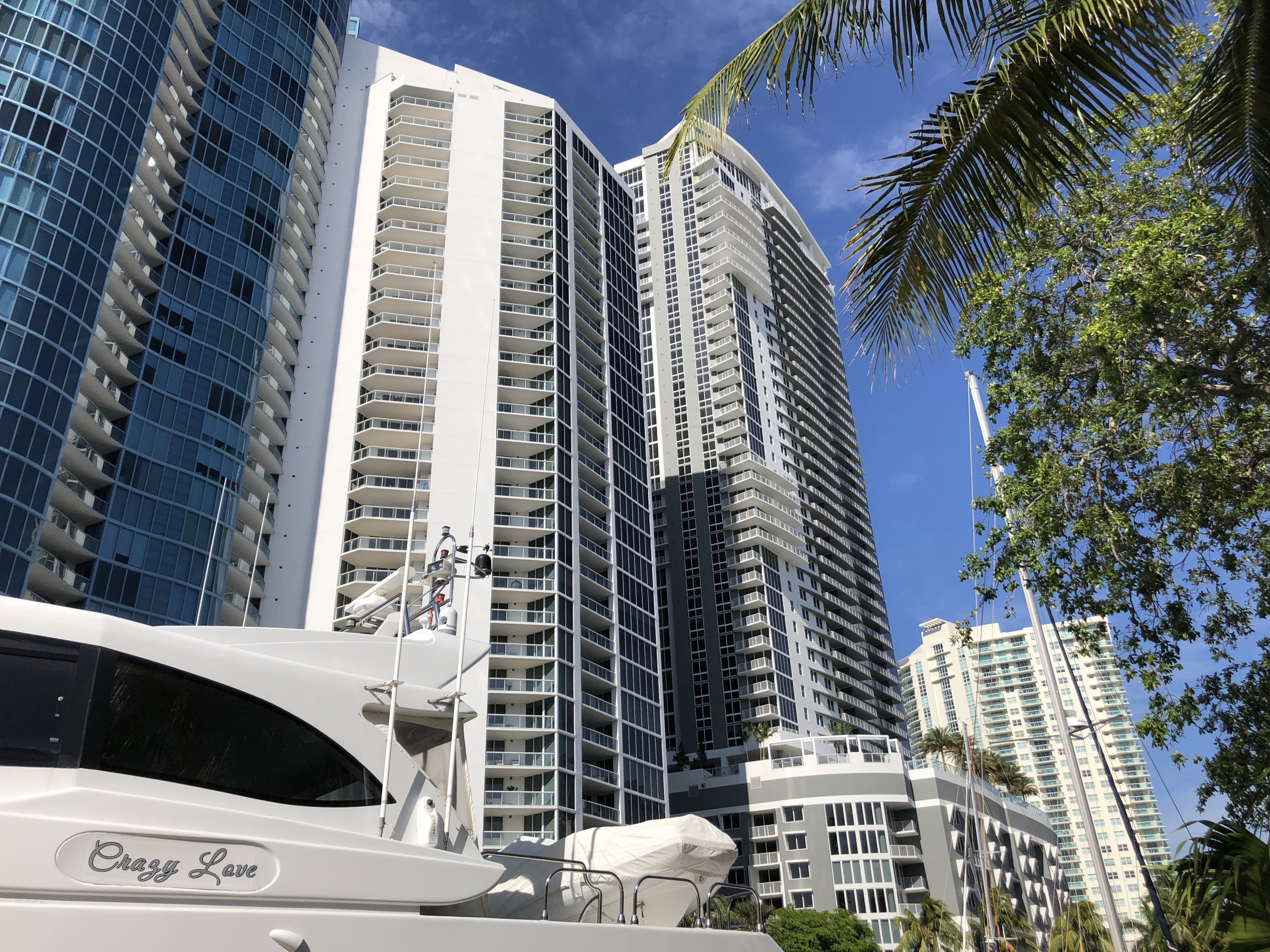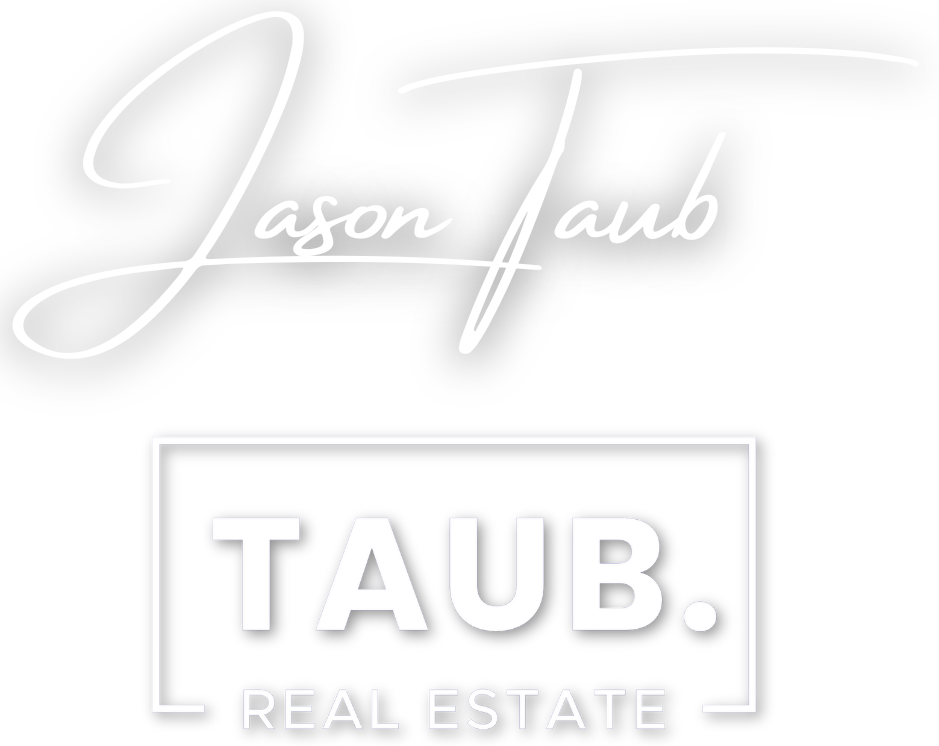Media reports of Fed interest-rate hikes have convinced more buyers to lock in a mortgage rate, fearing their housing costs will increase if they don’t act quickly.
CHICAGO – A third week of relatively stable mortgage rates may calm buyers, but earlier increases have made many nervous. To add to their anxiety, home prices keep rising, up nearly 16% compared to a year ago, according to National Association of Realtors®’ (NAR) data.
As a result, some buyers are getting rate locks while they shop for a home to ensure the stability of their mortgage rate. If interest rates rise further, they reason, they can look for homes knowing they have a set rate. For these buyers, the peace of mind of a long rate lock is worth the extra cost to hold that interest rate.
While rate locks most commonly hold for 30 days, buyers can lock rates for 45 days or more. But to do so, they must pay for a rate lock, and the longer the lock, the higher the cost.
Some buyers are also lowering their interest rate by paying points upfront since many lenders offer the option to pay a lump sum upfront to lower the interest rate over the life of a loan. One discount point, in general, costs 1% of the total mortgage and could lower the interest rate by around 0.25%.
Purchasing points could save tens of thousands and even hundreds of thousands of dollars over the life of a loan, lenders say, for buyers nervous about rising rates. However, the tactic works best for buyers who plan to stay in the home for a good while.
Pressure on rates
While “rates are going up” may scare buyers, however, the actual increases may not derail most buyers’ plans.
Nadia Evangelou, senior economist and director of forecasting at NAR, told buyers not to panic about rates after the Federal Reserve last week announced it would raise interest rates in March to help mitigate inflation. Mortgage rates, however, typically follow the trend of the 10-year Treasury yield – not the Fed’s key benchmark short-term rates – although the latter can influence mortgage rates.
NAR predicts the 30-year fixed-rate mortgage will rise this year and average 3.9% by the end of the year. Thirty-year rates currently average 3.55%, according to Freddie Mac.
“Even with this increase, mortgage rates will remain near historic lows,” Evangelou says.
Source: “Just How High Will Mortgage Interest Rates Rise – and How Fast? A Reality Check for Homebuyers Today,” realtor.com® (Feb. 2, 2022)
© Copyright 2022 INFORMATION INC., Bethesda, MD (301) 215-4688
View this post on Instagram



